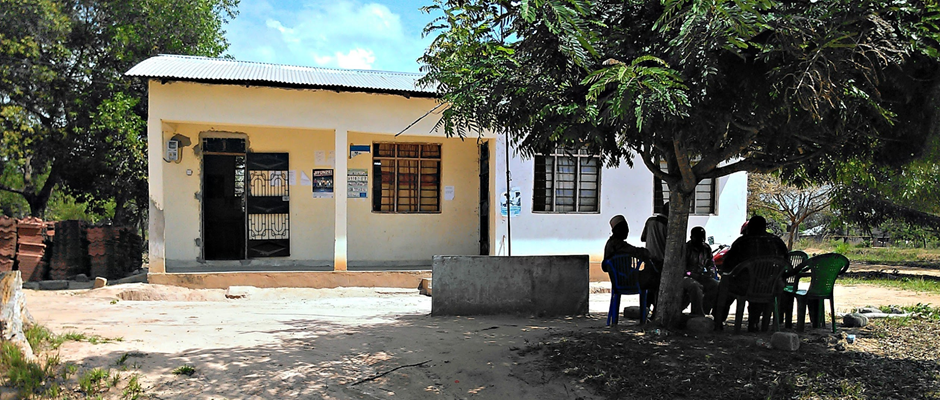
The United Nations Development Programme (UNDP) released a policy paper which contextualizes the local government performance measurement framework (LGPMF) for Uzbekistan, and provides a starting point for the development of performance indicators and the creation of a performance management system for local governments in the Republic of Uzbekistan.
The main objective of the proposed LGPMF for Uzbekistan is to improve the local government performance through benchmarking and strengthening external and internal accountability. The LGPMF is built on analysis of the current situation, legislation and functioning of bodies of local government in Uzbekistan and the concrete examples from the relevant international experience from the EU countries and the post-Soviet countries. This approach is in line with the overall reform agenda, implemented by the Government of Uzbekistan, and the New Public Management (NPM) model based on private sector performance criteria and practices, introduced into the public sector, which highlights customer orientation, importance of transparency and accountability, and emphasizes performance management and measurement systems as one of the core elements of managing results.
The paper is divided into three sections:
- Section I presents the analysis of the current situation with local government in Uzbekistan, reveals gaps in the existing accountability mechanisms, and justifies the need for performance measurement in local government.
- Section II reviews the international experience. European practices are exemplified by presenting the approaches to local government performance measurement in Germany and the Czech Republic, and Georgia and Kazakhstan were chosen as examples to address the experience in the post-Soviet countries.
- Section III lays out the government’s motivation to design and implement the local government performance measurement system and presents possible mechanisms for its introduction in Uzbekistan. This section also details the audiences to be addressed and includes the main steps of the local government performance measurement and its placement in the larger context of performance management.
Key Findings and Policy Recommendations
Need for benchmarking. Although there is noticeable movement towards performance management in public administration in Uzbekistan, the performance measurement system for local governments has not been established yet. The projects for local government performance benchmarking have not been implemented either. Only limited data on local government performance are publicly available. The existing reporting of local government executive authorities to local representative bodies is not fully accessible to the public, including online access to real-time, open data that is easy to understand, process, and use. Local government performance indicators have not been designed. The internal local government performance evaluations have not been conducted in at least the project pilot districts.
A topdown approach. In largely decentralized countries, such as countries of the European Union, a top-down system of performance measurement can generate resistance and become a barrier for successful implementation. By contrast, in countries with traditional vertical oversight mechanisms (as in the post-Soviet countries) the local government performance measurement is initiated by the upper level of government and is mandatory for the local government. A topdown approach is relevant for the goals of measuring compliance of the public service provision with the national standards and promoting accountability at local level. If the primary goal is capacity building in local governments, a bottom-up mode would be more suitable.
Improvement of performance measurement mechanisms. Six main steps have been identified to improve performance measurement and local government performance management in Uzbekistan:
- Determine key performance areas, objectives, standards and indicators;
- Select and define indicators for measurement;
- Develop management information system (MIS);
- Report results according to the outlined main audiences;
- Evaluate results (comparison of actual results to baseline indicators);
- Provide feedback for the management of the process.
Read the full paper to learn more about other key findings and policy recommendations:
UNDP. 2022. Local Government Performance Management in Uzbekistan. Tashkent: UNDP.
Photo credit: Tashkent, Uzbekistan. Used under Creative Commons license (CC BY 2.0).




